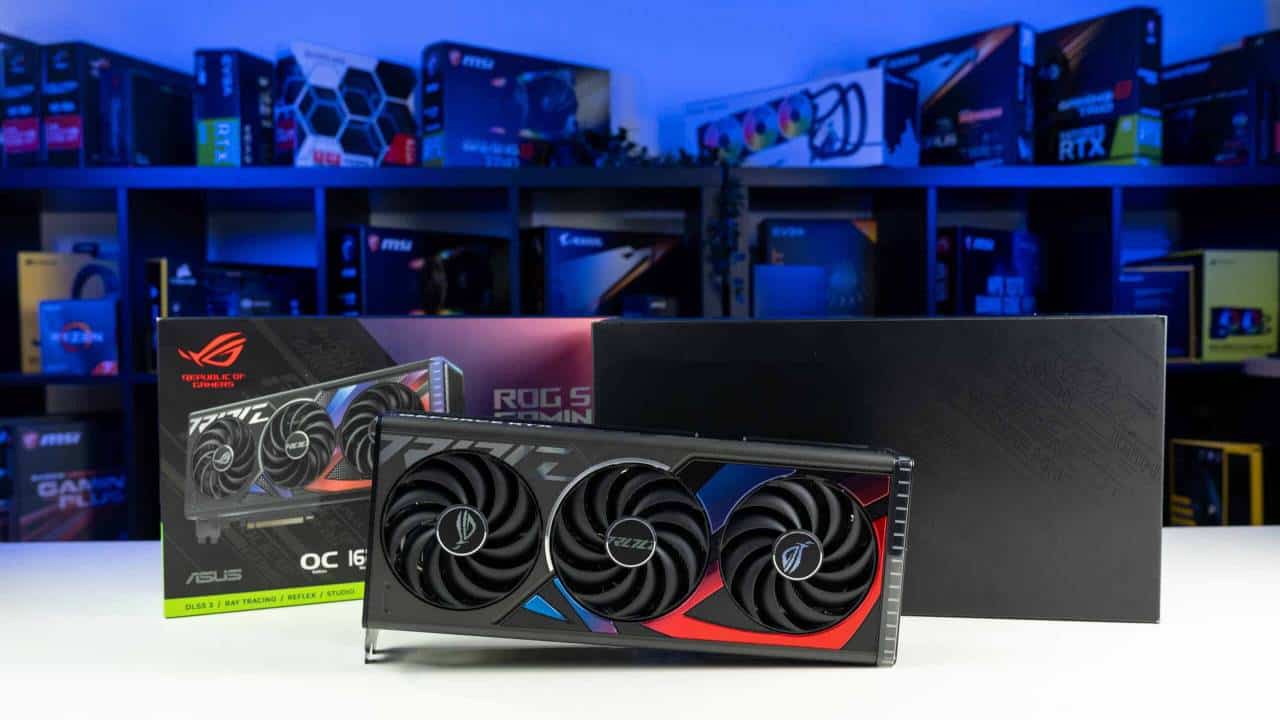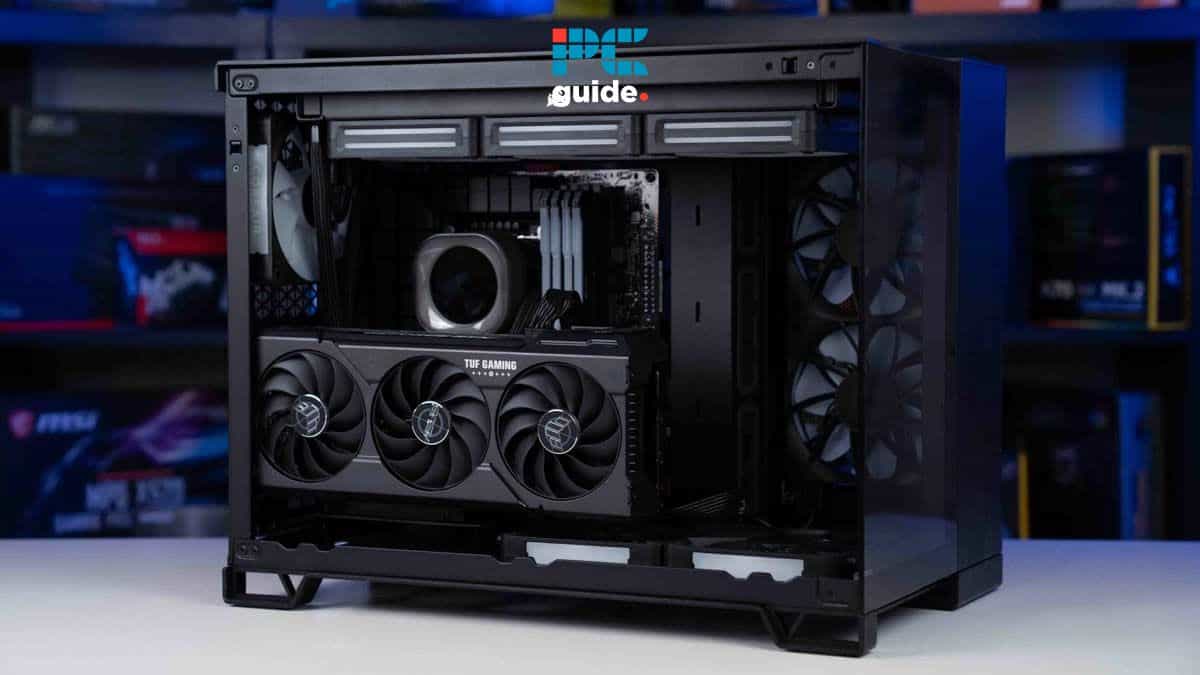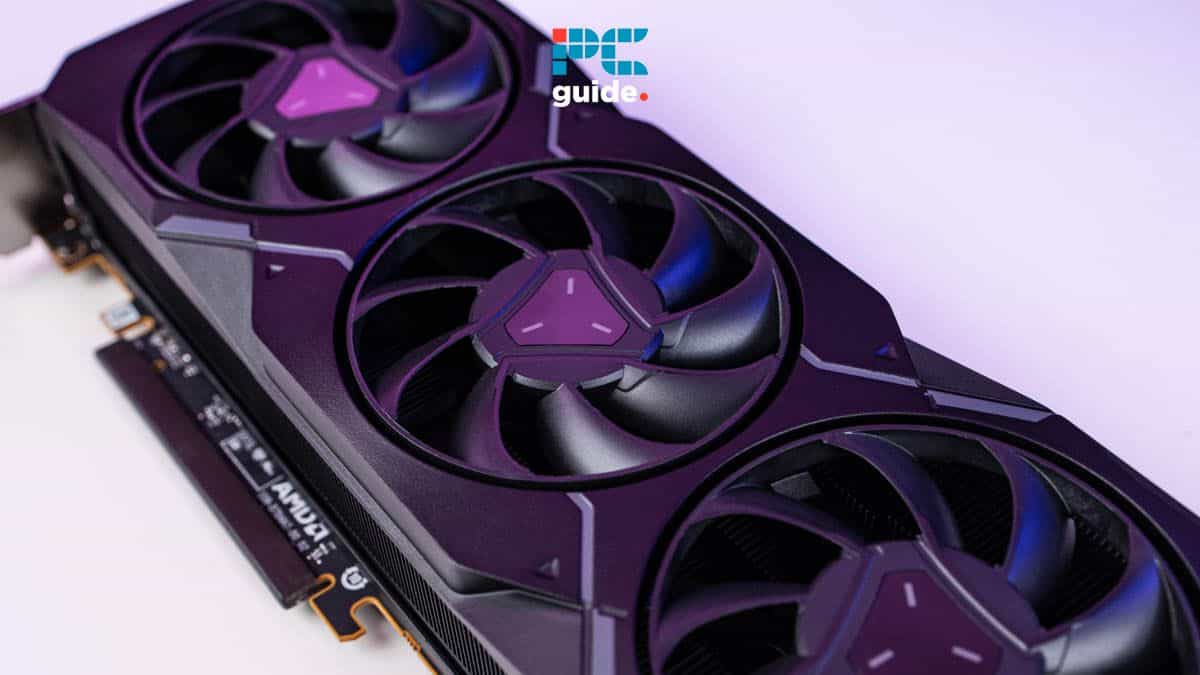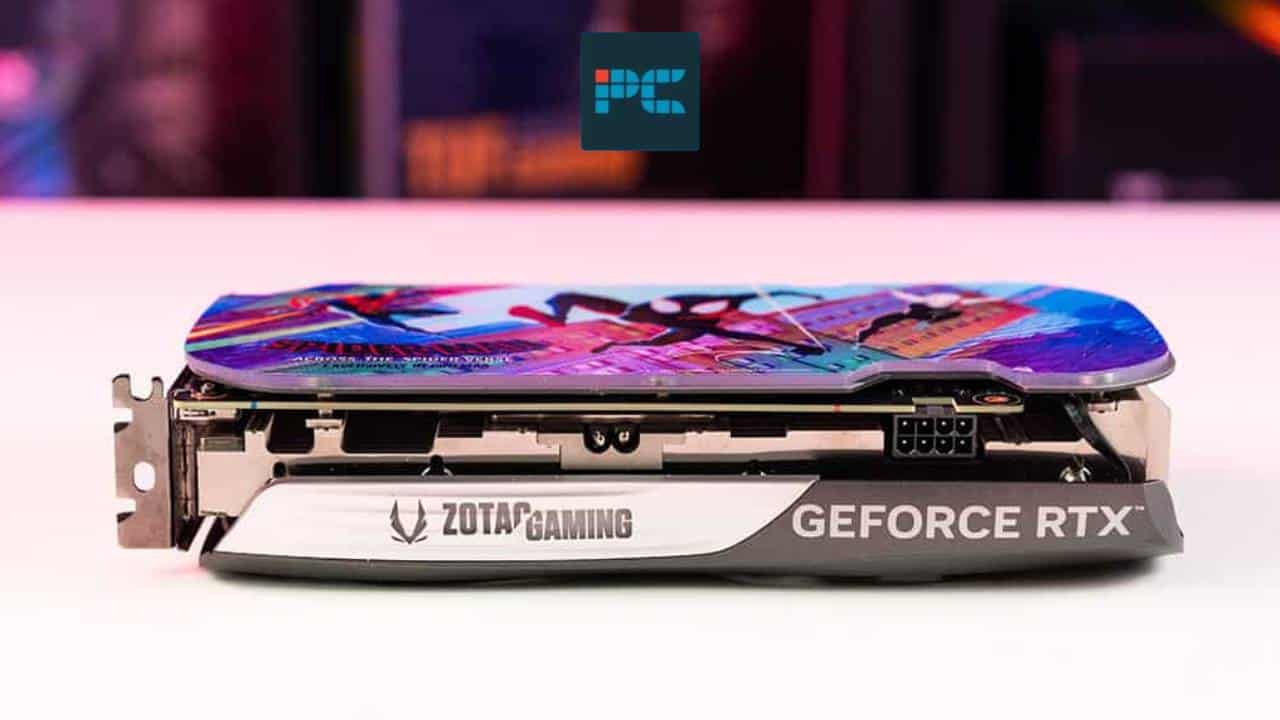A GPU (Graphics Processing Unit) is a type of processor that is specifically designed to handle the complex calculations required for rendering images and graphics. A graphics card, also known as a video card or display card, is a hardware component that contains a GPU as well as other components such as memory and a cooling system.
The graphics card is typically used to render images and graphics for display on a computer monitor and is commonly used in gaming, video editing, and other graphics-intensive applications. So, while a GPU is not exactly the same thing as a graphics card, a graphics card does contain a GPU as a key component.
Is a graphics card a GPU or a CPU?
A graphics card (also known as a video card or display card) contains a Graphics Processing Unit as one of its key components. So, while a graphics card is not a CPU (Central Processing Unit), it does contain a GPU, which is a type of processor specifically designed to handle the complex calculations required for rendering images and graphics.
The graphics processor is responsible for processing the graphics data and producing the images that are displayed on the computer screen. In short, a graphics card is a hardware component that contains a GPU, but it is not a CPU.
Do I need a GPU or graphics card?
After clarifying that a GPU and graphics card are interchangeable terms, the question arises as to whether you specifically require a graphics processing unit. For individuals who perform basic tasks, such as browsing the internet, word processing, or simple image editing, a dedicated graphics processor or graphics card may not be necessary. The majority of modern CPUs come with integrated graphics that can manage these tasks without requiring a dedicated GPU.
However, for those who intend to undertake graphics-intensive activities such as gaming, video editing, 3D modeling, or machine learning, a dedicated graphics processor or graphics card is imperative. These applications necessitate a significant amount of processing power, and a dedicated processor can perform the intricate computations required to produce high-quality graphics more efficiently than a CPU with integrated graphics.
Overall, if you are uncertain whether a GPU or graphics card is necessary, it is advisable to examine the system requirements of the specific software you intend to use. This will help you determine if a dedicated GPU is necessary to operate the software effectively.






